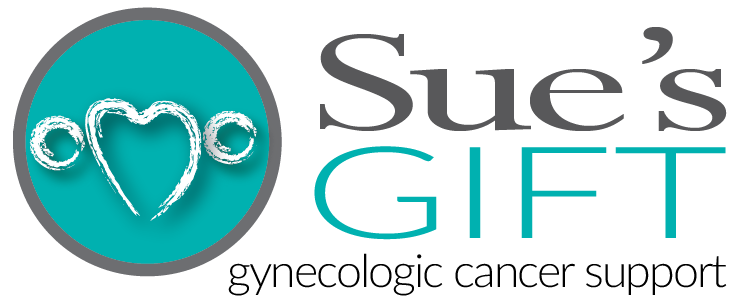Four Rules for Life
“Show up. Be present. Tell the truth. Let go of the outcome.”
Image Credit @frankie_k
This quote has been our immediate family mantra for at least 25 years. There are similar versions of this quote, but I was told this particular quote was from the Lakota Sioux. It’s a simple saying that’s concise, clear, and at first glance – easy. But this is one of the most powerful and complex maxims I’ve encountered.
Show up. Who doesn’t love to show up for a get-together, a meal, or a holiday? Showing up can be a lot of fun. But showing up isn’t always easy. It’s hard to show up for a medical procedure, test results, or a confrontational meeting with the boss or a family member. It’s easy to show up when things are upbeat, but not so easy when things are difficult. In working with the bereaved for several years, one of the questions I would ask is, “Do you remember everyone who came to the funeral?” The answer typically is “No.” I then asked, “Do you remember who didn’t come?” The answer always is an emphatic “Yes.” Why is it important to recall that information? Because it’s often upsetting and disappointing when someone we count on doesn’t “show up.” By acknowledging those hurts, we can let them go. Showing up may not always be possible, but most of the time, it is. It’s a choice, and showing up comes in many forms. We can choose to make the phone call or send the email, or not. We can choose to be there or not.
Be Present. Angeles Arrien, Ph.D., an American cultural anthropologist, shares the same principles in The Four-Fold Way: Walking the Paths of the Warrior, Teacher, Healer, and Visionary, but she uses the phrase, “Pay attention.” Being present or paying attention is difficult because there are so many distractions. In today’s society, technology is the presence-usurper, robbing us of one another. But only if we let it. We respond immediately when the chime informs us there’s an incoming text, email, or voicemail. What if we chose to “be present” to the one next to us rather than being instantly present to someone we may not know or who can wait a bit for a response? It’s a choice to be present or not.
Tell the truth. This should be the easy one. Because, after all, we were raised to tell the truth and not tell lies. My husband and I were having lunch years ago, and the waitress, whom we’d never met, told us she was in graduate school to become a therapist. During the conversation, she said she had learned “you need to tell yourself the whole truth – not just part of the truth,” or the truth that makes you look good. This is where it gets complicated: Telling the truth is not just the absence of lying; it’s owning your own “stuff” and recognizing what part you contribute to a problem or situation. It’s telling the truth even when it isn’t popular or convenient. Telling the whole truth keeps us honest, humble, and self-aware.
Let go of the outcome. This one is tough for those of us who love control. We tell ourselves, “If I’m good enough, work, study, pray hard enough, eat only nutritional foods, and exercise daily, then I will be fit, healthy, happy, and fulfilled. The problem is there are no guarantees, and I can’t control all outcomes, even when I do all the “right” things. The key is to identify what I can and can’t control and let it go if it’s not within my control because worrying won’t change anything.
Which one of these four rules is the hardest? They are all hard. But I love these because they remind me to continually assess who I am and how I relate and provide a roadmap to being the person I want to be.
Leave feedback for the author here. (Comments are not posted online.)

